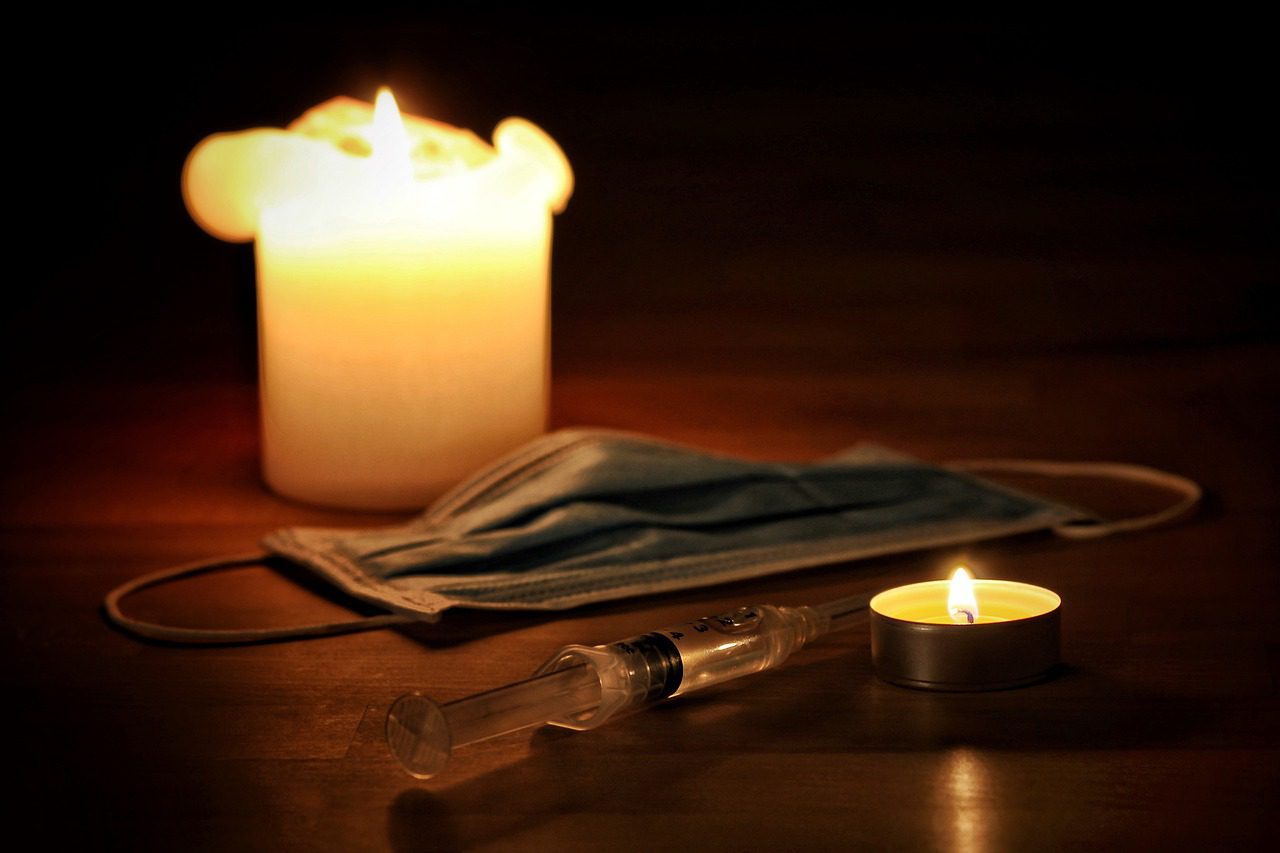
Tom Mortier can now rest assured that though he was unable to stop his mother’s euthanasia, he has vindicated her right to life in the face of a system that failed her.
On October 4th, the European Court of Human Rights ruled in favour of Mortier in his claim that Belgium had failed to protect his mother’s life by allowing her to be euthanised, ADF International said in a press release.
“While the judgment dismissed the challenge to Belgium’s euthanasia legal framework, the facts of the case send a clear warning about the dangers of euthanasia and the fiction of legal ‘safeguards’,” ADF International stated.
The organisation helped Mortier make his case against Belgium.
Mortier lost his mother Godelieva de Troyer to euthanasia in 2012. She was only 64 years old and physically healthy. She died by lethal injection based on a diagnosis of “untreatable depression,” ADF International explained, in a process that violated several safeguarding measures included in the Belgian euthanasia law. Mortier himself only found out about his mother’s euthanasia the day after death, when the hospital called him to make arrangements for her body.
Euthanasia cases are reviewed by a commission after the patient’s death, but the commission did not question the circumstances leading to de Troyer’s death despite obvious irregularities, including conflict of interest. The ECHR found that the circumstances leading to her euthanasia should have been investigated and that the failure to do so violated her right to life and the Belgian state’s obligation to protect that right.
“My mother suffered from severe mental difficulties and coped with depression throughout her life. She was treated for years by psychiatrists, and sadly, she and I lost contact for some time,” Mortier said. “It was during this time that she died by way of lethal injection. Never could I have imagined that we would be parted forever.”
In the case, ADF International showed that De Troyer had approached the country’s leading euthanasia advocate, a cancer specialist who is also co-chair of the Federal Commission—charged with reviewing and approving euthanasia cases after the fact—seeking to end her life. Despite a requirement for independent second opinions in the case of individuals like de Troyer, who are not expected to die soon, the oncologist referred her to other doctors who were also part of the same euthanasia advocacy association. Then, without contacting any of her family members or informing the psychiatrist who had treated her for years, he euthanised de Troyer.
Mortier’s case challenged both the failure of safeguard measures and the Belgian legal framework for euthanasia. The court upheld the euthanasia law, but it declared that Belgium had not protected de Troyer’s right to life because it should have noticed and investigated the irregularities in her case, including a lack of an independent second opinion.
It is a significant victory for Mortier and for those who have long warned of the slippery slope of euthanasia. Belgium now euthanizes an average of seven people per day, but the commission that reviews euthanasia cases has only ever referred one case for further investigation, according to ADF International.
Robert Clarke, Deputy Director of ADF International, who represented Mortier, found a double-edged sword in the ruling, as it called for additional safeguarding measures in Belgium while “its own ruling makes clear that laws and protocols were indeed insufficient to protect the rights of Tom’s mother.”
“The takeaway is that the ‘safeguards’ touted as offering protection to vulnerable people should trigger more caution toward euthanasia in Europe, and the world,” Clarke said.
He added: “This ruling serves as a stark reminder. It is clear that the so-called ‘safeguards’ failed because intentional killing can never be safe. We must be unfailing in our commitment to advocating for the right to life and the truth that people have inherent dignity no matter their age or health condition.”
Mortier echoed Clarke’s reflection: “This marks the close of this terrible chapter, and while nothing can alleviate the pain of losing my mother, my hope is that the ruling from the Court that there was indeed a violation of the right to life puts the world on notice as to the immense harm euthanasia inflicts on not just people in vulnerable situations contemplating ending their lives, but also their families, and ultimately society.”
